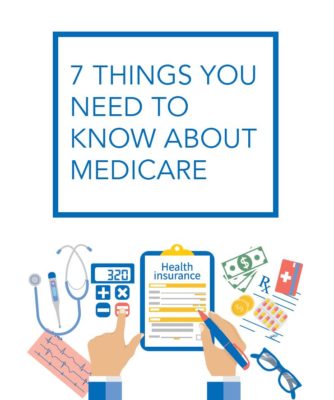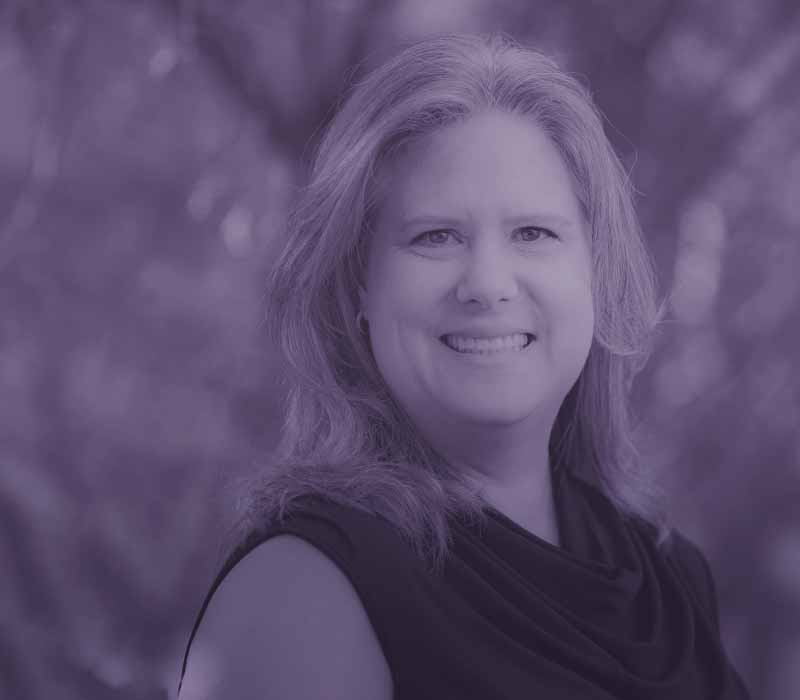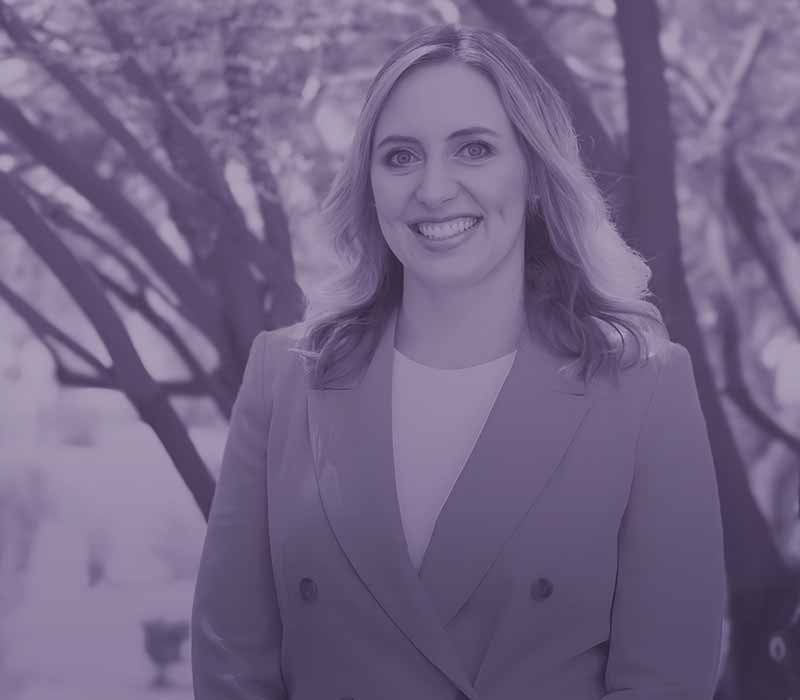If you talk to clients about taxes, higher income could mean higher Medicare premium surcharges.
Perhaps your clients are already set with Medicare coverage and even have a Medicare supplement or Medicare Advantage plan to offset the potential costs of added deductibles and/or prescription drug coverage.
But if you offer tax planning as part of your services, a discussion about Medicare ought to be a big part of the tax-efficient and tax-minimization conversation.
Here’s why: If your clients find themselves in a higher income bracket, they’ll have to pay more than the standard premiums most retirees pay for Medicare Part B and Medicare prescription drug coverage.
The additional amount is known as the income-related monthly adjustment amount, or IRMAA. The Social Security Administration determines if your clients pay higher premiums and uses their recent federal tax return provided by the Internal Revenue Service (IRS) to make the adjustments based on their modified adjusted gross income (MAGI).
Here’s the thing: How many people remember exactly what the tax consequences were from large financial transactions two years ago, like a big real estate or stock sale, or a significant capital gain? They may remember the experience, but what about whether or not the transaction pushed them into a higher tax bracket?
It matters because the Social Security Administration’s determination has a two-year look back. For example, the IRMAA paid by clients in 2019 would rely on 2017 tax returns. The income thresholds that determine IRMAA payments are also not adjusted for inflation through 2019, which means a rising number of enrollees across the four brackets in which the surcharges are applied.1
For Medicare Part B, if the Social Security Administration determines that your client is a higher-income beneficiary, then they will pay a larger percentage of the total cost of Part B. Depending on their income reported to the IRS, they may have to pay monthly premiums equal to 35%, 50%, 65% or 80% of the total cost. For Medicare prescription drug coverage, they’ll pay monthly premiums plus an additional amount if they’re a higher-income beneficiary, again, based on what you report to the IRS.
Quantum’s updated “7 Things You Need To Know About Medicare,” is a great conversation starter to have about Medicare with your clients. It also includes more information on the monthly Medicare premiums for higher income beneficiaries.
 Contact Quantum for access to the whitepaper: 800.440.1088
Contact Quantum for access to the whitepaper: 800.440.1088
1 A “Stealth” Surcharge for Affluent Retirees, Mark Miller, WealthManagement.com, May 31, 2018. http://www.wealthmanagement.com/retirement-planning/stealth-surcharge-affluent-retirees (accessed July 2, 2018).
This document is for informational purposes only and is not written or intended as specific tax or legal advice. The Quantum Group, its employees and representatives are not authorized to give tax or legal advice. You and your clients are encouraged to seek advice from a qualified tax professional or legal counsel.
FOR FINANCIAL PROFESSIONAL USE ONLY – NOT FOR USE WITH THE PUBLIC






















